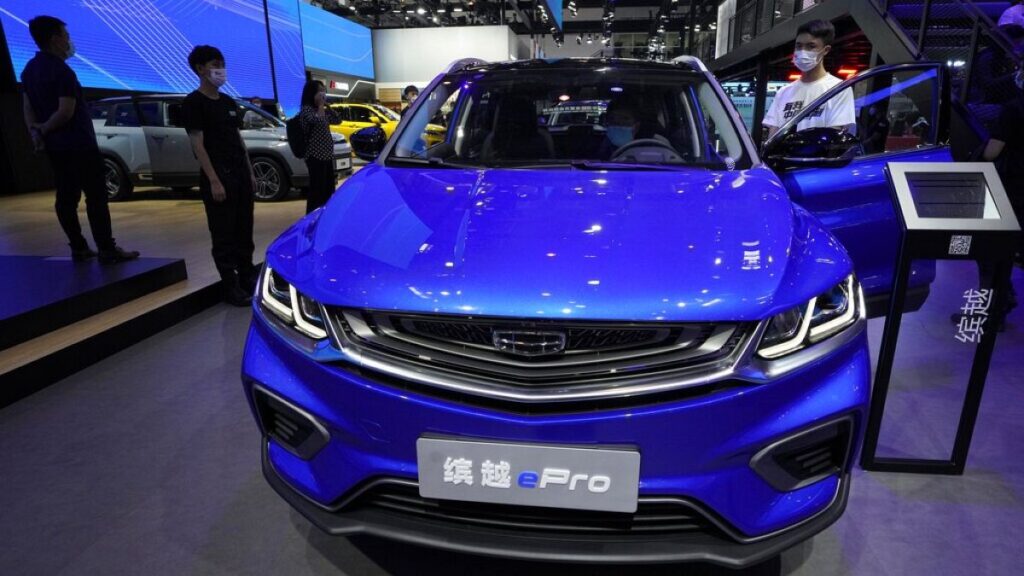In the wake of Europe implementing higher tariffs on Chinese-produced electric vehicles, tension pervades as anticipation builds over the potential fallout of the decision.
The EU’s recent decision to escalate tariffs on Chinese electric cars has provoked China’s ire and accusation of palpable protectionism. The EU’s executive arm – The European Commission – announced forthcoming tariffs starting from July that will possibly increase existing duties from 10% to an arresting 38% for Chinese car manufacturers unless the ongoing negotiations yield an effective resolution.
The decision saw an imprecating response from China, as He Yadong, spokesperson of China’s Ministry of Commerce, castigated the decision as an attack on not only China’s burgeoning electric vehicle industry and existing EU-China cooperation in new energy vehicles but a warping of global automobile industry and relevant supply chains, including that of the EU.
The European Commission justified its decision revealing that its investigations conducted the previous year unveiled unfair subsidisation of the Chinese electric vehicle industry causing a distilled threat to the economic well-being of EU battery electric vehicle producers.
The punitive tariffs, as the announcement detailed, would not be uniform but would vary in accordance with the companies. Notably, BYD would have to bear an additional 17.4% charge, Geely, owner of Sweden’s Volvo, might be hit by a further increase of 20%, while SAIC would be charged at a high rate of 38.1%.
The Chinese spokesperson reflected the nation’s defiance, expressing their reserve to present the case before the World Trade Organization and seeking all possible avenues to negate this infringement on China’s enterprise rights and interests.
This move from the EU comes not long after the US, under the helm of President Joe Biden, imposed sweeping new tariffs on a host of Chinese goods including electric vehicles, batteries, solar cells, steel, aluminium and medical equipment. These were instituted because of allegations that Chinese Government’s subsidies providing an undue trade advantage by excluding their companies from the requirement to generate profit.
Analysts have sounded the alarm of a potential trade war which could precipitate price hikes for consumers and adverse effects on exporters and their workers in both European and Chinese industries – a sharp blow given that both are significant markets for each other.
As the president of the European Chamber of Commerce in China, Jens Eskelund, astutely observed earlier this year, the situation is akin to a slowly escalating traffic accident, whose final impact can still be avoided, although time is running out.
Earlier this year, China launched an anti-dumping investigation into European brandy exports, including French cognac, perhaps an early sign of retaliation given France’s enthusiasm in endorsing the EU investigation leading to the recent announcement imposing new tariffs.
The EU currently has ongoing investigations into subsidies provided to Chinese wind and solar companies and is looking into allegations of market access restriction to medical devices by China, a long-standing grievance of European manufacturers.
